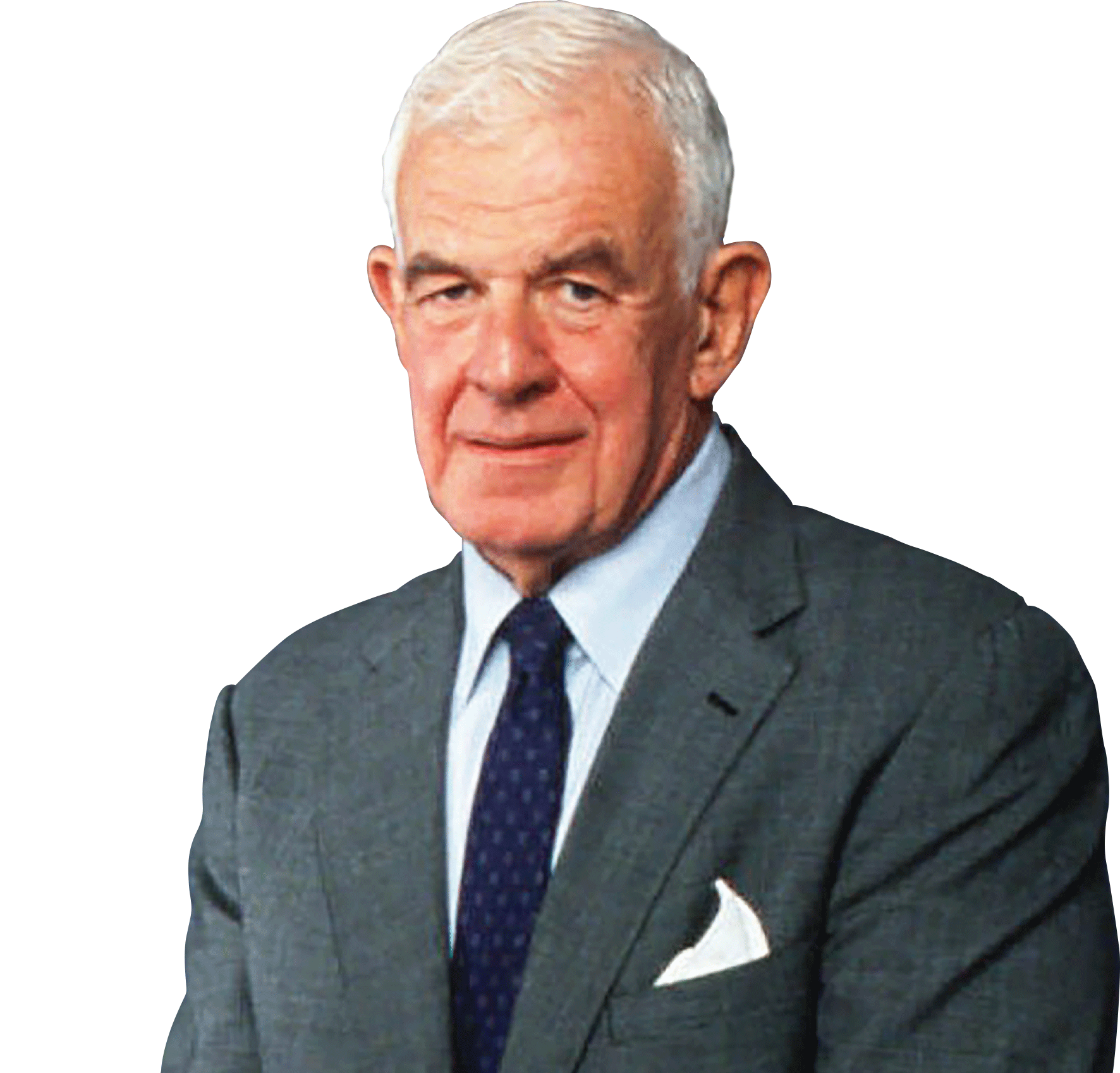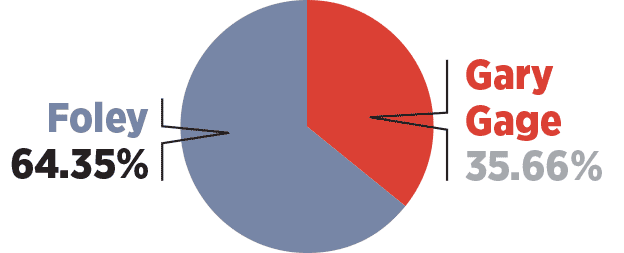
Man of the House
By Charles Apple The Spokesman-Review
Thirty years ago this week, Spokane’s Tom Foley was elected Speaker of the House of Representatives. Foley served 15 terms in the House, representing Washington’s 5th Congressional District, chaired the House Agriculture Committee and served as U.S. ambassador to Japan. Here’s a look at Foley’s political career:

1929
March 6: Thomas Stephen Foley is born in Spokane. His mother is a schoolteacher. His father would spend 34 years as a Superior Court judge.
1946
Graduates from Gonzaga Preparatory School in Spokane. He will attend Gonzaga University for three years.

1951
After transferring to the University of Washington in Seattle, Foley graduates. He’ll stay at UW to attend law school.
1957
Earns his law degree from the University of Washington. He returns to Spokane.
1958
Works in the Spokane County proscecutor’s office before becoming an instructor at the Gonzaga University School of Law.

1961
Is hired as assistant state attorney general but then moved to Washington, D.C., to join the staff of Sen. Henry Jackson.
1964
At Jackson’s urging, Foley runs for Washington’s 5th District seat in Congress. He runs unopposed in the Democratic primary and defeats 11-term Republican Walt Horan in the general election.


1966


1968


1970


1972


1974


1975
Named chairman of the House Agriculture Committee.
1976


1978


1980


1981
Appointed majority whip. Leaves the Agriculture Committee to join the House Administration Committee.
1982


1984


1986


1987
Elected House majority leader.
1988


1989
June 6: Foley is elected Speaker of the House after Speaker Jim Wright, D-Texas, resigns under pressure during a House Ethics Committee investigation.
May 22: The House passes the Americans with Disabilities Act with a unanimous voice vote.
Oct. 16: The House passes an Omnibus Budget Reconciliation Act which raises taxes. A month later, President George H.W. Bush would sign the act into law, breaking his “read my lips” campaign pledge.
1990


1992
Washington state voters pass Initiative 573, restricting its congressional delegation to three terms in office and senators to two terms.


1993
Feb 3: The House passes the Family and Medical Leave Act.
Nov. 17: The House passes the North American Free Trade Agreement, or NAFTA.
Nov. 10: The House passes the Brady Handgun Act.
1994
Foley joins a lawsuit against the state of Washington for the congressional term limits voters imposed. Republican George Nethercutt runs against Foley, promising to serve only three terms in the House. On Election Day, six of Washington’s eight House Democrats, including Foley, lose to Republicans. Foley becomes the first incumbent Speaker of the House to be defeated since 1862.


1995
May 22: The U.S. Supreme Court rules that states cannot impose qualifications for candidates for Congress more strict than those specified in the Constitution. Washington’s term limits are struck down.
September: Foley becomes head of the Federal City Council of Washington, D.C.
1997
Foley is appointed U.S. ambassador to Japan by President Bill Clinton. He’ll serve in that position through the end of the Clinton administration.
2000
Nethercutt runs for a fourth term in the House, breaking the promise he made in the 1994 election. He’ll eventually serve five terms.
2001
The federal courthouse in downtown Spokane is named after Foley.

2013
Foley dies in his Washington, D.C., home after a series of strokes. He was 84.